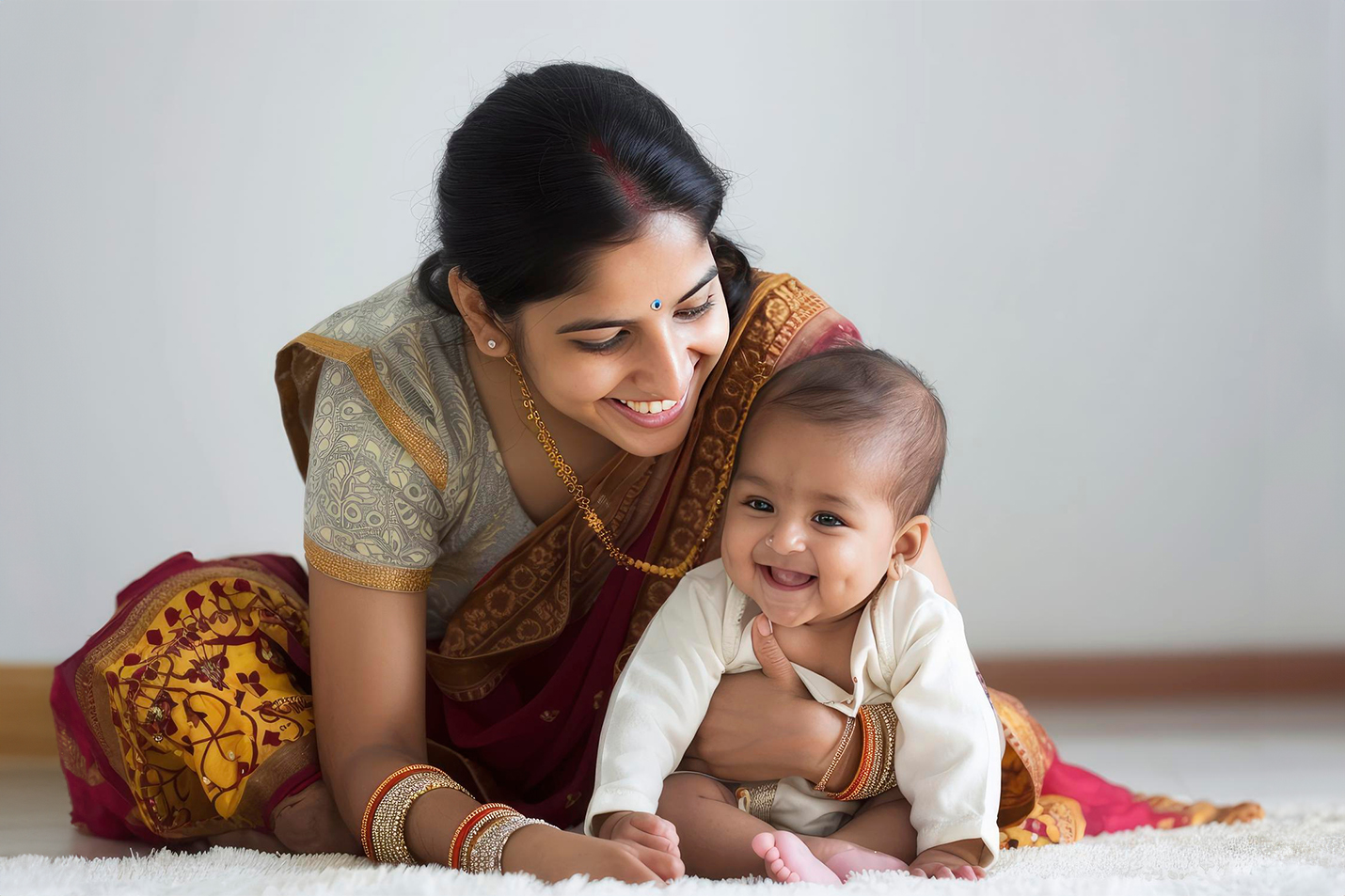Essential Baby Care Tips for New Parents
Welcoming a newborn into your life is the most exciting and life-changing experience. It is filled with several overwhelming emotions, including happiness, love, and nervousness, all at the same time. Suddenly, you’re responsible for this tiny human who relies on you for everything. At this time, every new parent feels a little anxious about how to care for their newborn.
Well, if you find yourself stuck in a similar situation, worry not because it is completely normal. Caring for a new baby requires a lot of patience and attention to detail, and everyone starts this new journey feeling a bit unsure. All you need to do is get some basic guidance and follow these essential baby care tips to gain the rhythm and confidence to excel in your new role.
Feeding
When it comes to feeding your baby, you have a couple of options—breastfeeding or formula feeding. Both are perfectly fine, and what matters most is what works best for you and your baby.
Breastfeeding has its perks, like being packed with all the essential nutrients, along with antibodies that help build your baby’s immune system. Plus, it’s a great bonding experience.
However, if breastfeeding isn’t an option or you choose to go with formula, that’s okay too. Just make sure you’re following the instructions on the formula packaging carefully, especially when it comes to mixing and sterilizing bottles. This ensures your baby gets the nutrition they need without the risk of contamination.
Tips
- Feeding can be one of the most peaceful times you spend with your baby, so it’s important to create a comforting environment.
- When breastfeeding, offer the breast whenever your baby shows signs of hunger, which is usually every 2-3 hours.
- If you’re formula feeding, ensure the formula is mixed correctly and that the bottles are sterilized.
- During feeding, hold your baby close, make eye contact, and enjoy the quiet moments together. These early interactions are important for bonding and help your baby feel secure.
Diapering
Next up, let’s talk about diapering, which is a big part of daily life with a newborn. Babies need frequent diaper changes, sometimes as many as 8 to 12 times a day. Keeping your baby clean and dry is crucial to prevent diaper rash, which can be uncomfortable for your little one.
Tips
- Change diapers promptly.
- Clean gently with hypoallergenic wipes.
- Use a diaper cream if you notice any redness or irritation.
This helps keep your baby’s sensitive skin protected and comfortable.
Bathing
Bath time is another essential part of baby care, though it doesn’t need to happen every day. Newborns don’t get very dirty, so a bath 2 to 3 times a week is usually enough. That said, you should wash your baby’s face, hands, and diaper area daily. Bathing can be a soothing experience for both you and your baby, especially if you create a warm, calm environment.
Tips
- Always check the water temperature to ensure it’s comfortably warm—not hot—and have all your bath supplies ready beforehand.
- Use mild baby soap and shampoo, wash gently, and make sure to dry your baby thoroughly after the bath, especially in the skin folds, to prevent irritation.
Sleep
When it comes to sleep, every new parent wishes they could get more of it. Newborns sleep a lot, but often in short bursts, which can be exhausting. Creating a bedtime routine early on can help your baby—and you—get into a more predictable sleep pattern. It is also important to create a safe sleep environment.
Tips
- Always place your baby on their back to sleep. This position significantly lowers the risk of SIDS or Sudden Infant Death Syndrome.
- Keep the crib simple—just a firm mattress and a fitted sheet will be the best.
- Avoid placing any pillows, blankets, or stuffed animals in the crib as they increase the suffocation risk. Instead of these, you can go for a sleep sack or swaddle. It’ll keep your baby warm without the need for loose bedding.
Hygiene
In addition to feeding, diapering, and sleep, keeping your baby’s environment clean is crucial for their health. Babies are more susceptible to germs because their immune systems are still developing. This is where maintaining good hygiene becomes important.
Tips
- Make it a habit to regularly clean and disinfect surfaces that your baby frequently touches or comes in contact with, like changing tables, toys, and even your hands.
- A product like Sterloc can be a great addition to your cleaning routine. It’s a non-toxic disinfectant that effectively kills germs without the use of harsh chemicals, making it safe to use around your baby.
- You can even use Sterloc on your baby’s diaper rashes, minor wounds, and hives.
- Using Sterloc to sanitize frequently touched items helps create a safer environment for your little one.
Self-care
Don’t forget, while it’s important to focus on your baby’s needs, taking care of yourself is just as vital. Parenting can be exhausting, and it’s easy to forget about your own well-being in the process.
Tips
- Make sure you’re staying hydrated.
- It is also important to eat well during this time.
- Try to take adequate rest whenever possible.
- If you’re feeling overwhelmed, don’t hesitate to reach out for help. Whether it’s asking a family member to watch the baby while you take a nap, or talking to a friend about your challenges, getting support can make a big difference.
Final Word
At the end of the day, caring for your baby is all about love, patience, and being attentive to their needs. Trust your instincts, take things one day at a time, and remember—you’re doing an amazing job. Every diaper change, bath, and late-night feeding is a step toward building a strong bond with your baby and creating a nurturing environment where they can thrive.
